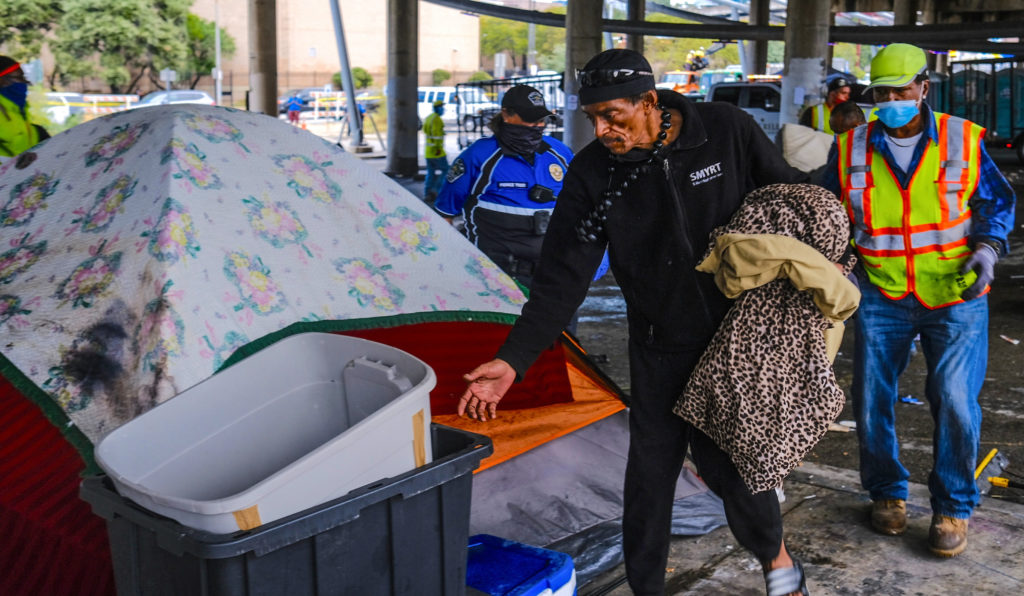Click the “play” icon on the image above to watch a short film about the microcredit entrepreneurs of JUST.
The idea behind microcredit is simple: take a traditional business loan and drastically scale down its size — globally, microloans start at around $100.
Next, replace credit scores and collateral requirements, which prevent people without an existing basis of capital from getting loans, with personal references and group accountability processes to ensure loan repayment.
That’s it.
For decades, this basic recipe has served to provide over 140 million previously “unbankable” entrepreneurs, primarily women in developing countries, with capital to establish or grow their own businesses.
“I had this deep, deep appreciation for how important money is,” says Steve Wanta, who spent over a decade promoting and helping to establish microcredit institutions around the world. “Without it, potential is lost.”
After years spent working abroad, Wanta was struck by how the United States’ financial institutions were falling behind in microlending.
Of the over 10,000 microlending organizations estimated to exist globally, roughly 240 operate in the United States (less than 3%).
“I just felt like, man, if we can do this all over the world, why can’t we do it in the United States?”
In 2016, Wanta co-founded JUST, a nonprofit based in Austin, and began lending.
Since then, JUST has lent over $8 million with a 99% repayment rate to Hispanic and Black women across the state.
As part of its mission, the nonprofit sees it’s microloans as contributing to closing the racial wealth gap in Texas, where three out of every four people living in poverty are Black or Hispanic.
From its base in Central Texas, JUST is in the process of expanding its network to Dallas and Houston as part of its goal of reaching all of Texas.
“We really think it’s imperative as far as systems change is concerned that we demonstrate this sort of approach that doesn’t require credit scores or require collateral is possible at scale,” says Wanta. “And then we hope others will take notice.”



